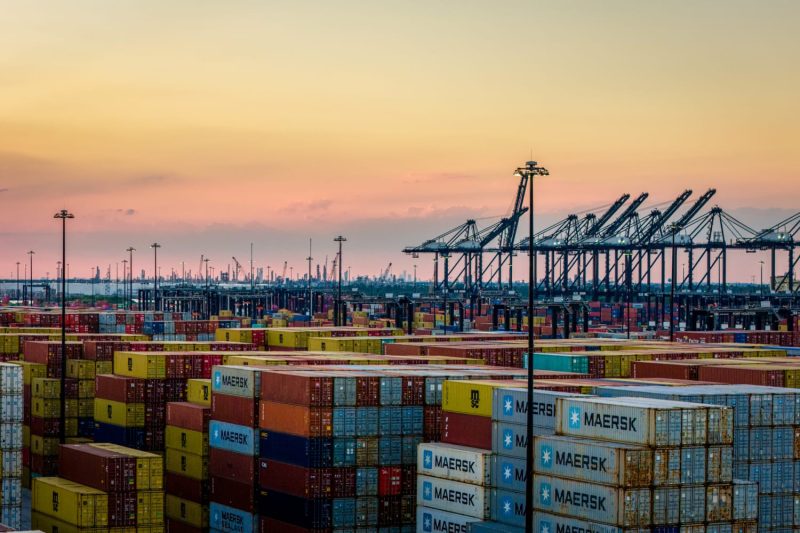Article Body:
The looming threat of a major maritime strike is set to significantly influence the operations of ports across the East Coast of the United States. A recent report highlights the potentially damaging repercussions on the shipping industry and local economies, with possible ramifications extending to various sectors linked to maritime operations.
At the heart of the matter, there exists a discord and tension between dockworkers, whose duties are crucial to the functioning of ports, and their employers, encompassing shipping companies and port authorities. This dispute over contracts, pay, benefits, and working conditions is quickly escalating into what could culminate in a widespread stoppage of work.
Represented by the International Longshoremen’s Association (ILA), the dockworkers are seeking to address their grievances through collective bargaining. However, the negotiations with the United States Maritime Alliance (USMX), the force representing their employers, have been marked by disagreements and a lack of progress. The growing conflict between the two bodies could lead to a significant labor strike in the ports scattered across the East and Gulf Coasts.
Such a strike would inevitably paralyze the maritime sector. Ships carrying vital goods and commodities to and from the U.S could face indefinite delays and interruptions. Ports serve as an artery for the American economy, and their smooth functioning is vital to many different industries. Among the hardest hit would likely be the automobile, retail, and manufacturing industries that heavily rely on regular and timely shipments.
According to logistics and supply chain experts, a maritime strike of this scale would not only disrupt the flow of goods but would also put thousands of jobs at risk, both direct and indirect. From truck drivers who transport goods from ports to their final destination, to workers in factories that produce these goods, many lives and livelihoods would be adversely affected.
The effects of a potential strike would be felt globally as well. Considering the interconnected structure of the global supply chain, any disruptions in American ports could lead to significant aftershocks worldwide. In an economic climate already strained by global pandemic and geopolitical pressures, the additional burden would be less than ideal.
The seriousness of the potential threat has caught the attention of political entities. A delegation led by the Mayor of New York, has requested the intervention of President Biden, with the aim of ensuring a swift resolution to the dockworkers’ issue. It is hoped that government intervention in the conflict may aid in securing a fair settlement that satisfies both the ILA and the USMX, thereby averting a devastating maritime strike.
Yet, amidst these tense developments, long-term strategies are being considered for nurturing a more harmonious relationship between dockworkers and their employers. Underlying issues related to compensation, job security, and improved working conditions must be addressed sustainably without resorting to disruptive actions.
In conclusion, the potential East Coast maritime strike poses a significant threat to not only the American economy but to the global supply chain. As negotiations between dockworkers and their employers continue, decisive action and compromise will be fundamental in averting a crisis of this magnitude, ensuring the smooth running of maritime operations and safeguarding economic stability.
N.B. Information contained in this article has been derived from resources available on https://godzillanewz.com/major-maritime-strike-could-threaten-ports-across






























